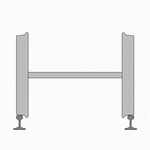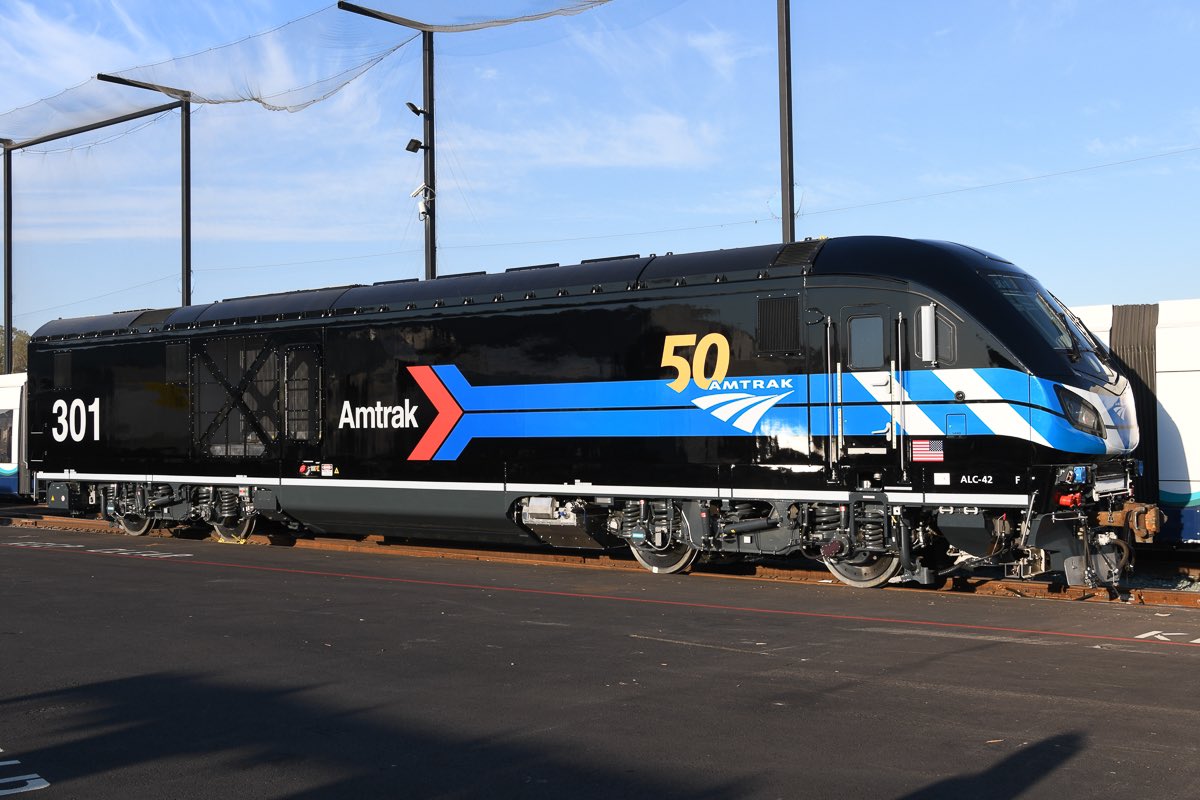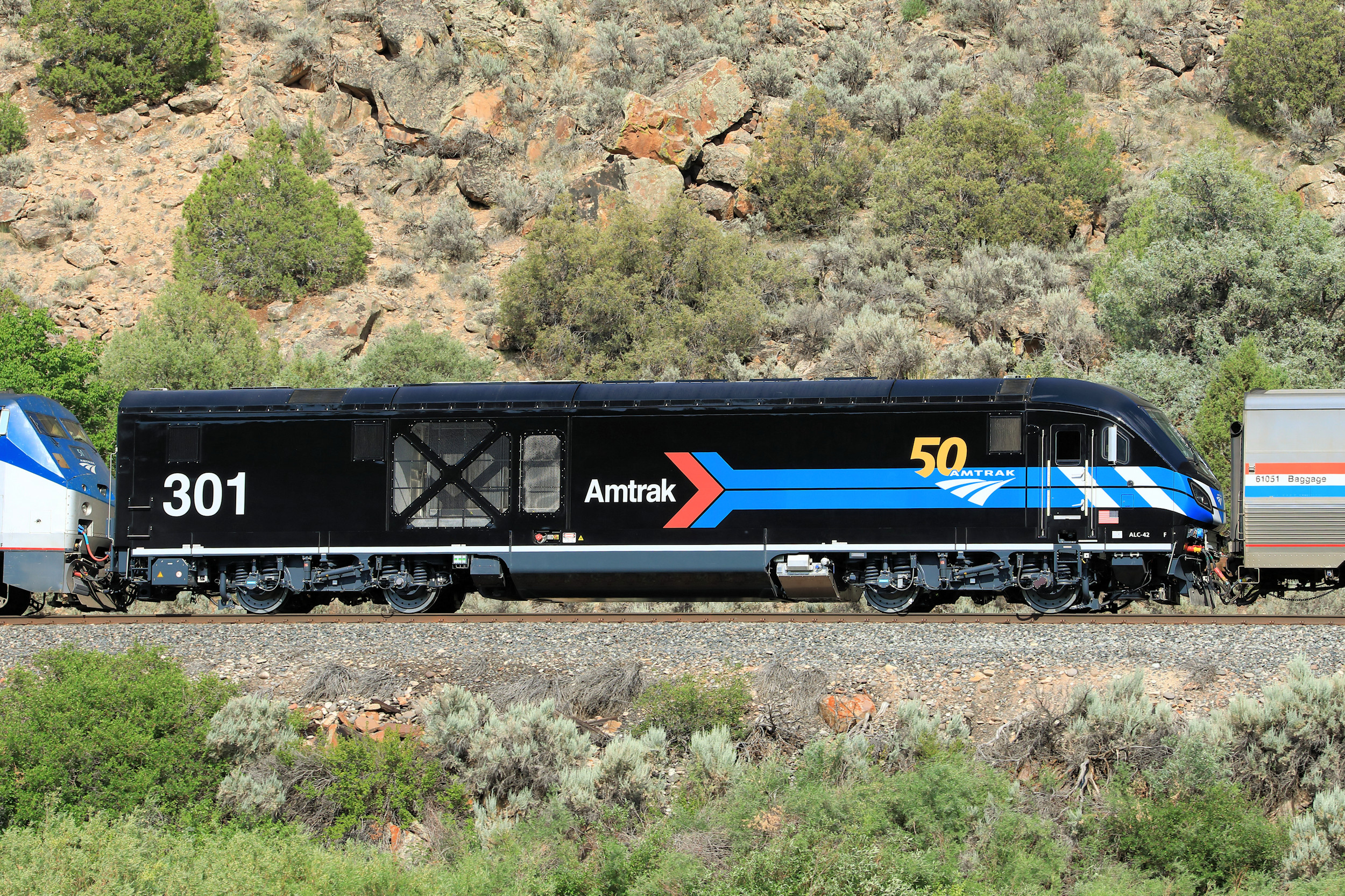Yeah, I've got mixed feelings on the topic. I do ultimately feel that Providence needs more express service to Boston, and that any sort of rail service to South County needs to have some sort of express component to Boston (whether thru service or cross-platform transfers). I'm less convinced than I was a year ago that Amtrak cross-honoring is the best way to achieve that, though.
Their strategy paper is well-argued, but now is in dire need of an update. The issue of gaps in off-peak service has been almost completely eliminated by the new MBTA schedules. Frequency of course can still be improved, but frequency can always be improved, and we are already at 2tph peak/1tph off-peak, which is light-years better than what we had pre-pandemic (for the most part).
Which pretty much leaves us with "faster service" as the main draw here, and the irony is that Amtrak isn't much faster than the T under certain conditions. For example, those super-expresses that run non-stop after Mansfield can run PVD-BOS in 62 minutes. According to the Jan 2020 timetable, the northbound Regionals clocked in at 50-60 minutes, while the southbounds did a bit better, usually at about 45 minutes.
62 vs 45 minutes isn't trivial, but it also isn't mind-blowing. With electrified rolling stock and full-highs at Attleboro and Mansfield, an MBTA super-express would likely be competitive. (Particularly since the MBTA would be able to blow through Route 128, which Amtrak never will.)
Finally, it's worth noting that Amtrak is running a fundamentally different kind of service than the T, which is reflected in its on-time performance; most trains serving BOS-PVD terminate/originate at Washington or points further south, which creates a lot more opportunities for delay, but also means that, in general, they are dealing with journeys where, say, a 15 minute delay is going to be seen differently than a 15 minute delay on a rush hour MBTA train. According to the Bureau of Transportation Statistics, the Northeast Corridor's OTP has pretty much been 80% ± 5% for several years now, which is borne out by data from the ASMAD (link will take long time to load); my eyeballing of the MBTA's OTP puts it closer to 85% ± 5% in recent years.
According to that ASMAD data, about 17% of Amtrak trains passing through PVD during 2017-2020 (pre-pandemic) were 15 minutes late or more; if we use the MBTA's definition of "on-time" (no more than 5 min late), that number jumps to 38%. That 15 minute delay wipes out the travel time savings, which statistically would happen to the average commuter once a week. That's lousy, straight-up. I'm also unsure how tolerant the riding public would be of Amtrak trains running at 62% OTP by MBTA standards.
So... like I said, I have mixed feelings about it. If they can hash out a negotiated deal to cross-honor on that 5pm southbound train -- which legitimately causes real problems for Boston commuters -- that would be worthwhile. And maybe likewise on that 7am northbound train.
But overall, I'm less confident than I wish I were that cross-honoring fares would make as much of a difference as one might think. Oh, I think it's a good idea, and I support it (and would definitely take advantage of it). But overall I think it's not a slamdunk, so in some ways I'm encouraged by the possibility that the focus might be narrow -- I'd prefer the advocacy capital be spent in measures commensurate with their impact.
Their strategy paper is well-argued, but now is in dire need of an update. The issue of gaps in off-peak service has been almost completely eliminated by the new MBTA schedules. Frequency of course can still be improved, but frequency can always be improved, and we are already at 2tph peak/1tph off-peak, which is light-years better than what we had pre-pandemic (for the most part).
Which pretty much leaves us with "faster service" as the main draw here, and the irony is that Amtrak isn't much faster than the T under certain conditions. For example, those super-expresses that run non-stop after Mansfield can run PVD-BOS in 62 minutes. According to the Jan 2020 timetable, the northbound Regionals clocked in at 50-60 minutes, while the southbounds did a bit better, usually at about 45 minutes.
62 vs 45 minutes isn't trivial, but it also isn't mind-blowing. With electrified rolling stock and full-highs at Attleboro and Mansfield, an MBTA super-express would likely be competitive. (Particularly since the MBTA would be able to blow through Route 128, which Amtrak never will.)
Finally, it's worth noting that Amtrak is running a fundamentally different kind of service than the T, which is reflected in its on-time performance; most trains serving BOS-PVD terminate/originate at Washington or points further south, which creates a lot more opportunities for delay, but also means that, in general, they are dealing with journeys where, say, a 15 minute delay is going to be seen differently than a 15 minute delay on a rush hour MBTA train. According to the Bureau of Transportation Statistics, the Northeast Corridor's OTP has pretty much been 80% ± 5% for several years now, which is borne out by data from the ASMAD (link will take long time to load); my eyeballing of the MBTA's OTP puts it closer to 85% ± 5% in recent years.
According to that ASMAD data, about 17% of Amtrak trains passing through PVD during 2017-2020 (pre-pandemic) were 15 minutes late or more; if we use the MBTA's definition of "on-time" (no more than 5 min late), that number jumps to 38%. That 15 minute delay wipes out the travel time savings, which statistically would happen to the average commuter once a week. That's lousy, straight-up. I'm also unsure how tolerant the riding public would be of Amtrak trains running at 62% OTP by MBTA standards.
So... like I said, I have mixed feelings about it. If they can hash out a negotiated deal to cross-honor on that 5pm southbound train -- which legitimately causes real problems for Boston commuters -- that would be worthwhile. And maybe likewise on that 7am northbound train.
But overall, I'm less confident than I wish I were that cross-honoring fares would make as much of a difference as one might think. Oh, I think it's a good idea, and I support it (and would definitely take advantage of it). But overall I think it's not a slamdunk, so in some ways I'm encouraged by the possibility that the focus might be narrow -- I'd prefer the advocacy capital be spent in measures commensurate with their impact.




